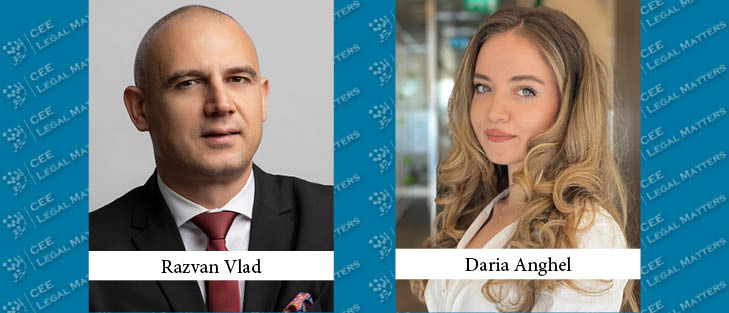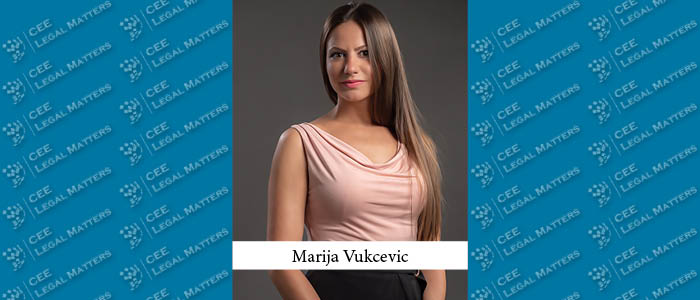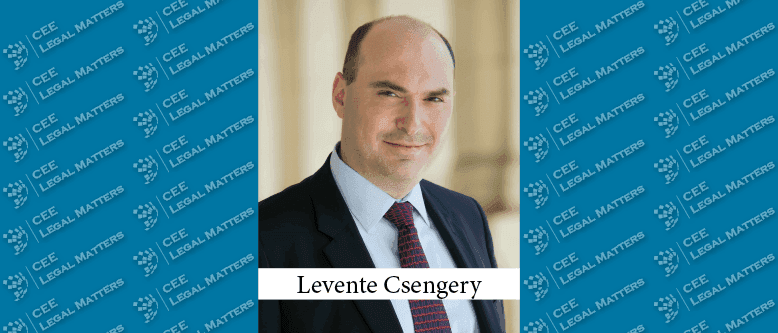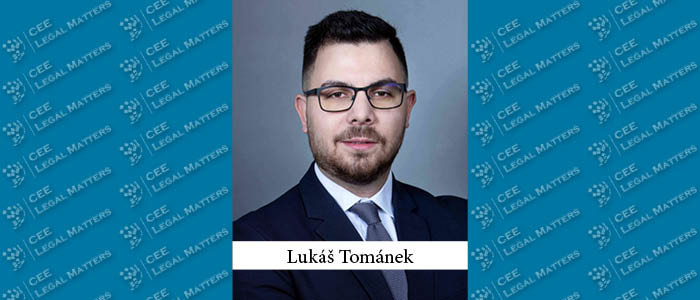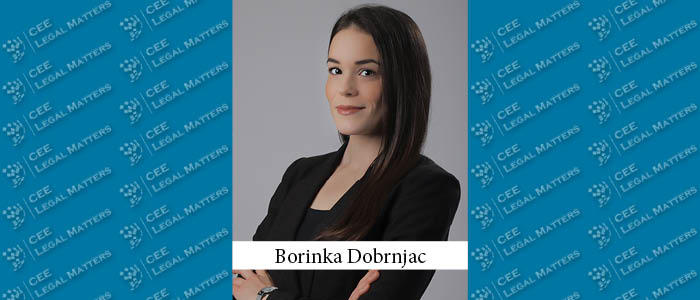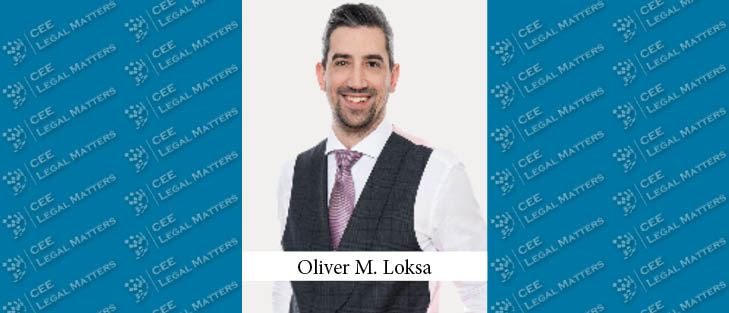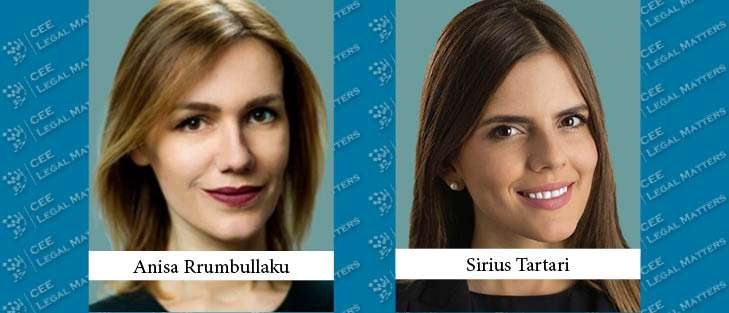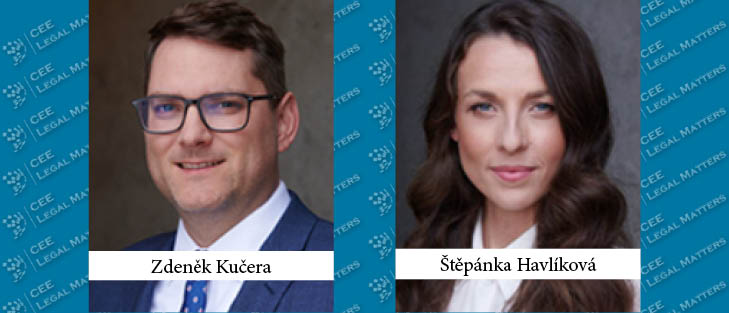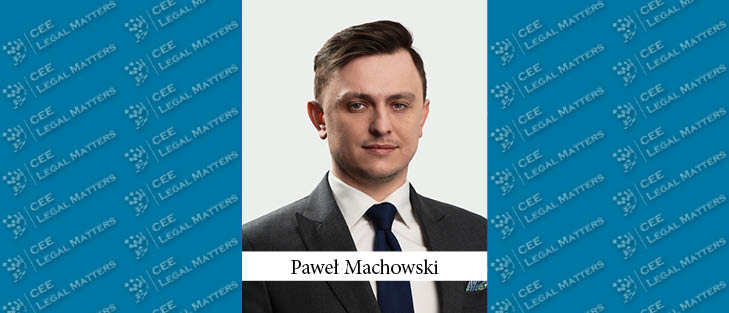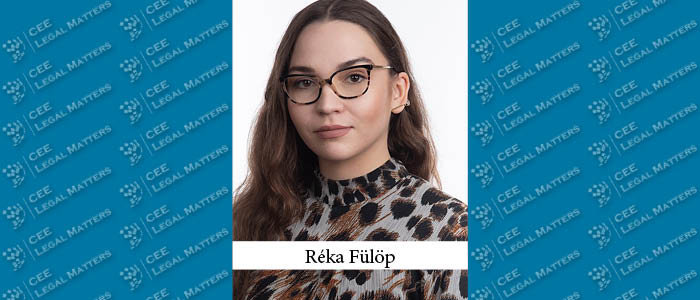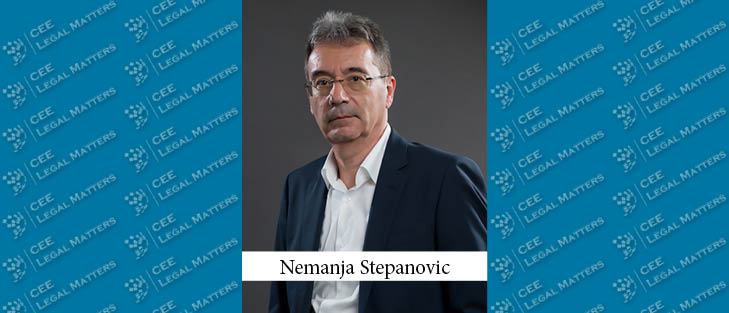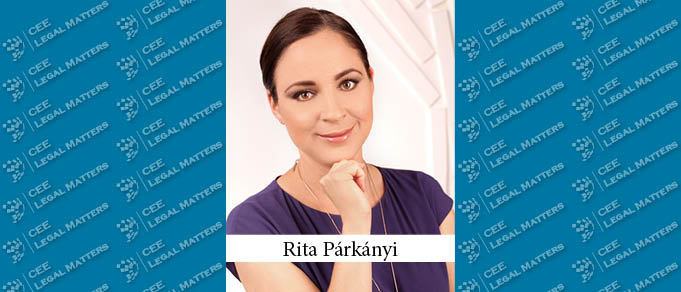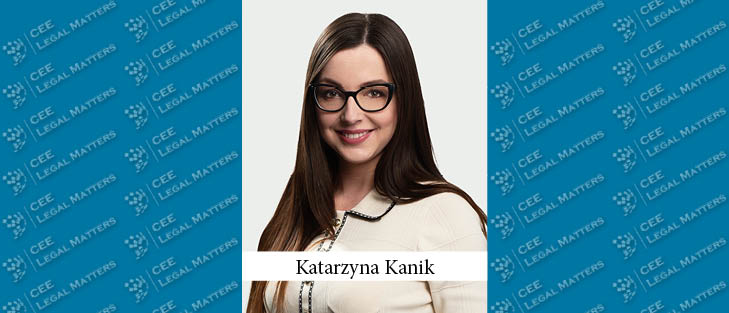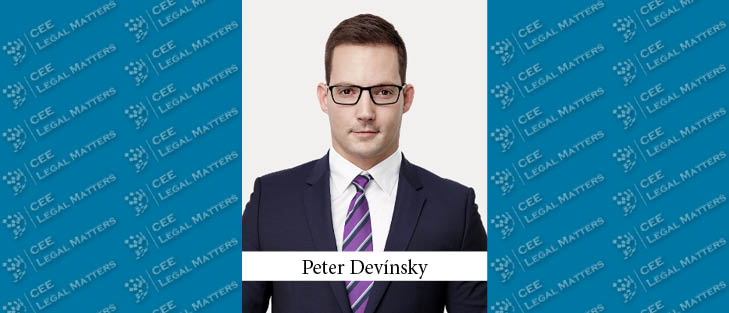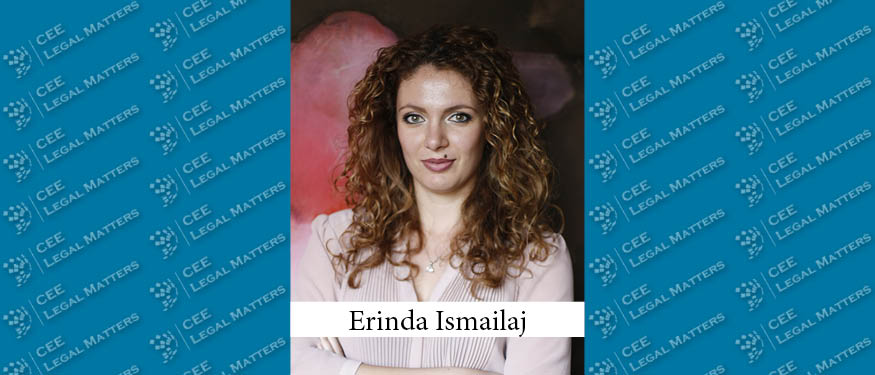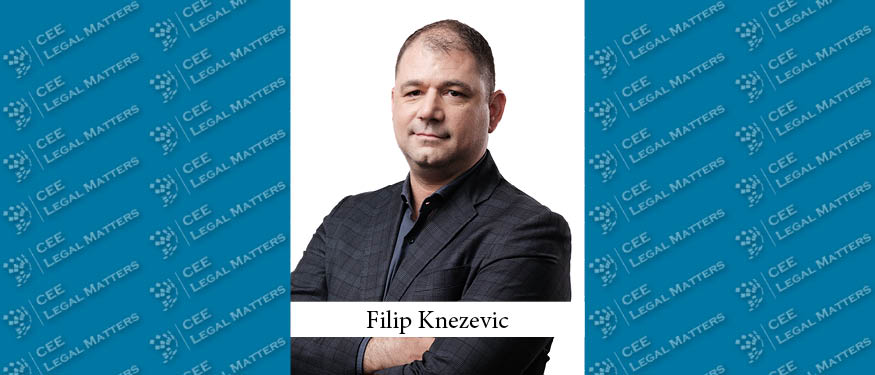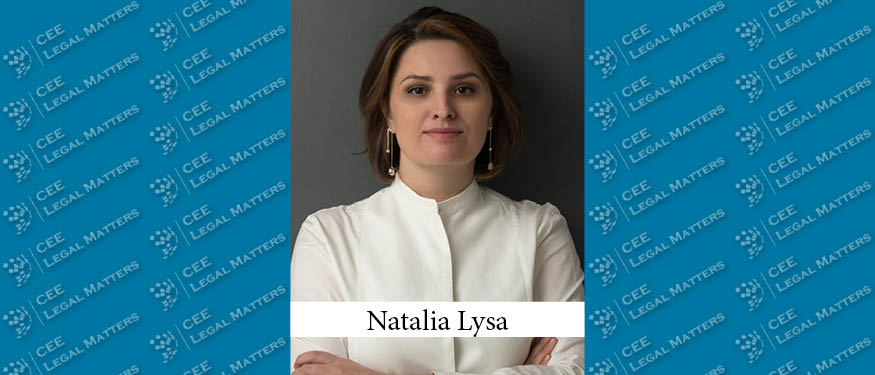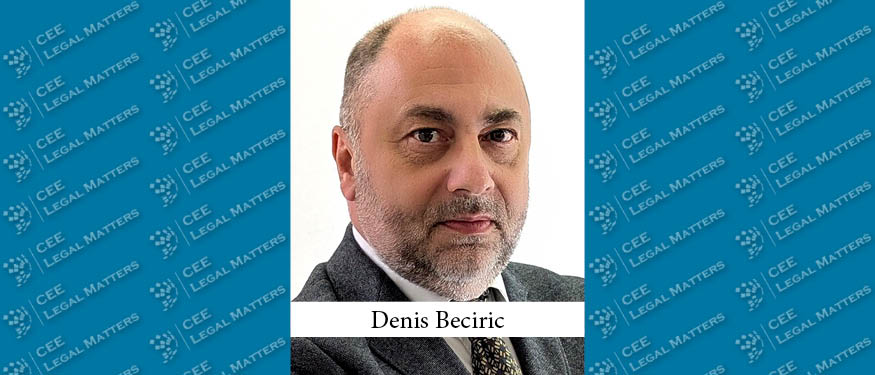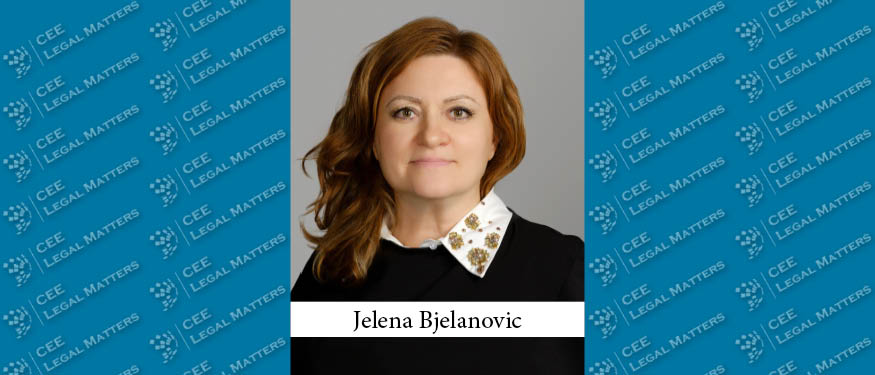The acquisition by a joint-stock company of its own shares, also known as share buy-back, is permitted under Romanian law, as provided by Articles 103 – 109 of the Companies Law no. 31/1990 (“Companies Law”). The operation is, however, limited by certain conditions, based on reasons such as the goal to avoid speculation by the company on the price of its own shares or the difficulty to accept that the company can be, at the same time, a shareholder (being thus both debtor and creditor)[1].
How to Lawfully Navigate Social Media Checks in Recruitment
In today's digital age, social media has become a ubiquitous presence in our personal and professional lives. For employers, these platforms offer a valuable yet complex tool in the hiring process. While the potential to gather additional insights about job candidates is enticing, it also raises significant legal questions regarding privacy and data protection.
Platform eConsultations: Easier Way of Informing and Enabling the Participation of Interested Parties in the Process of Preparation and Adoption of Regulations
Back in the year 2021 the platform „eConsultations“ was set up under the Decision of the Government of the Republic of Serbia on the establishment of platform „eConsultations“ with the goal of enabling easier participation of interested parties/public in the process of preparation and adoption of not only laws, but also of other regulations and acts, by possibility for the public to be informed through this platform of whether certain law or regulation is in the process of preparation or of when shall the public hearing regarding a draft law take place, as well as by possibility for the interested parties/public to take part in the process of preparation and adoption of these acts by providing comments electronically (online).
Parliament Decided to Extend the State of Emergency
The Hungarian Parliament voted to extend the state of emergency with an additional 180 days. The Hungarian Government declared a state of emergency by a government decree that entered into force on 25 May 2022.
Are You Ready to Become a Venture Capital Entity?
If you manage an alternative fund under Section 15 of the Czech Act on Investment Companies and Investment Funds (ZISIF), you will need to comply with new legislation by 31 December 2024. Every manager will be required to amend the name of their company to include the term "venture capital entity", while the word "fund" must be removed.
Stricter Emission Limits for Toxic Substances Introduced in the Environmental Regulation
The Ministry of Energy, taking into account regulatory experience as well as public feedback, has adjusted the emission limits for several particularly toxic air pollutants in factories, raising them to stricter levels in line with German standards, which are more stringent than the EU regulations.
Redistribution of Working Hours: Limitations and Conditions for Reapplication During the Calendar Year
In this article, we address the issue of the redistribution of working hours, specifically the conditions and limitations for its introduction and application within a single calendar year.
Seizure and Examination of Mobile Data and Data Carriers in Austria: Where Do We Stand and What's Next?
Few topics have sparked as much controversy in 2024 as the seizure and examination of mobile data carriers and the data found therein. Despite an urgent need to have the legal framework amended by the end of 2024, a new draft bill was published only on 20 November 2024. We take a look.
Albania’s Privacy Reform: Exploring Key Proposals in the Draft Data Protection Law
The long-anticipated initiative to establish a new legal framework for personal data protection in Albania is finally moving forward, as the Council of Ministers has approved a draft law that aligns closely with the European Union’s General Data Protection Regulation (GDPR). This proposed legislation promises to bring significance in this important but frequently underappreciated legal domain. With its comprehensive approach and alignment with EU standards, the new law aims to greatly improve privacy protection in the national context.
New Product Liability Directive and Software AI Newly Considered as Products
On 18 November 2024, the new Product Liability Directive (the Directive) was published in the Official Journal of the EU (link). It replaces almost 40 years of legislation that was no longer relevant in the digital age, given the dynamic development of new technologies. What does it bring and what has changed? We have prepared a short summary for you.
Phantom Stock Option Plan – a Modern Method of Motivating Managers Gaining Popularity in CEE
Startups are keen to use motivational tools like the Employee Stock Option Plan (ESOP). These programs do not burden the company with the economic cost of paying additional cash compensation. This way, startups can preserve their cash flow, which is especially sensitive during the initial stages of business development. Simultaneously, such programs effectively motivate employees, who have an interest in increasing the value of the company, as they become its co-owners. For this reason, the cap table of almost every startup today includes an entry for an option pool. However, not every founder wants or can commit to permanently transferring part of the company to employees. In such cases, the Phantom Stock Option Plan (PSOP) presents an interesting alternative.
Streamlined but Subtle: Proposed Legislation Set to Simplify Business Compliance
In a bid to enhance legal competitiveness, a new legislative proposal aims to streamline regulations in environmental protection, waste management, consumer rights and workplace safety, boosting the competitiveness of domestic businesses. The proposal is currently under public consultation, but it already highlights several key changes that may be of interest to various sectors.
Navigating the Technological Revolution in Law: A Personal Perspective
As someone leading my firm's digital transformation efforts over the past five years, together with the firm’s Senior Partners, I've been involved in the adoption of artificial intelligence and other advanced technologies. It has been a challenging yet stimulating journey, and I want to share my insights into what drove this transformation.
How Are Resolutions Adopted in LLCs with a Sole Shareholder Who Is a Legal Person?
The way in which resolutions are adopted in limited liability companies (“LLC”) with a sole shareholder who is a legal person, has given rise, in practice, to contradictory views, underscoring several relevant legal aspects. We will explore below some of these aspects.
The Maximum Fine that the Competition Authority Can Impose Has Increased
From 1 August 2024, the maximum fine that can be imposed by the Hungarian Competition Authority equals 15% of the undertaking’s net turnover. According to the Authority’s statement, its primary objective is not to impose fines, however, the increase in the potential financial penalty is a strong deterrent. In any case, it can be observed that the Authority is becoming more and more stringent concerning fines: while in 2023 it imposed fines totalling HUF 2.2 billion, the total amount of fines imposed this year exceeded HUF 2 billion by August.
Regulation of Crypto Assets in Bulgaria
The MICA (Markets in Crypto-Assets) Regulation was formally adopted by the European Parliament on 20 April 2023 and approved by the Council of the European Union on 16 May 2023. The adoption of MICA is in response to the growing need for regulation in the rapidly evolving world of crypto-assets and represents an important step towards building a stable and secure financial system in the EU.
Advertising Law in the Age of Influencer Marketing
Neither Polish nor European legislation explicitly specifies how an influencer should publish their content on social media, and what they should avoid in order not to run the risk of violating Polish consumer protection rules.
Tough Times Ahead for Slovak Employers?
In recent weeks, the Slovak Parliament has approved two laws that could substantially increase labour costs for employers in Slovakia. One amendment to the Minimum Wage Act raises the automatic determination rate of the minimum wage, while another introduces a new contribution to cover sports activities for employees' children.

